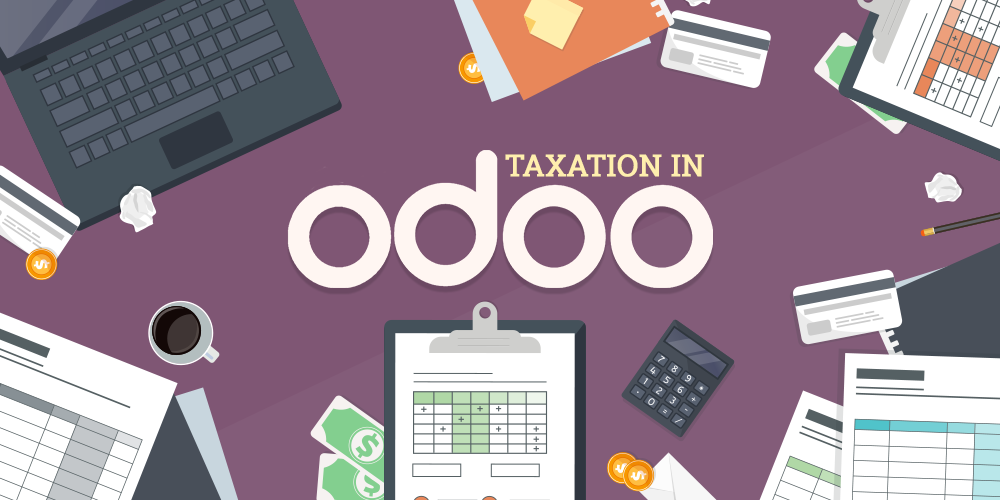Taxation is one of the essential components of revenue collection in modern economies. Governments collect taxes and then spend them on public welfare such as education, health, infrastructure, research, law and order, and security.
In the contemporary economic models, it has become cumbersome for business organizations to file their taxes with the rise of auditing and new finance modules. Therefore, all companies want this process to be easier and efficient. If it is not, they might evade taxes.
Modern ERPs, as they provide many solutions to complex business problems, also provide online, efficient, easy and reliable taxation methods. Odoo Taxation makes this process even more effective as it has the flexibility to include taxes such as value-added taxes, eco-taxes, federal/state, province/city taxes, retention, withholding taxes, and cash-based taxes. It labels invoices for different tax statuses, distributes taxes into various groups such as sales, purchases or e-commerce, and analyzes taxes as costs. It also has different computation categories such as “fixed” for considering the amount of tax, while “percentage of revenue” and “percentage of price” consider factors such as total tax percentage and its impact on the price levels of products.
Furthermore, Odoo Taxation provides localization of sales tax. For localization, it has various fiscal positions. A fiscal position is a set of rules which helps in mapping default taxes (as defined on product form) into other taxes. It helps in adapting to customer’s status and location. It works well for Business-to-Consumer (B2C) tax-included pricing which is a norm in many countries, while for others Business-to-Business (B2B) tax-excluded pricing is also available.








